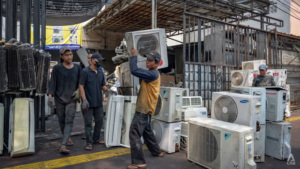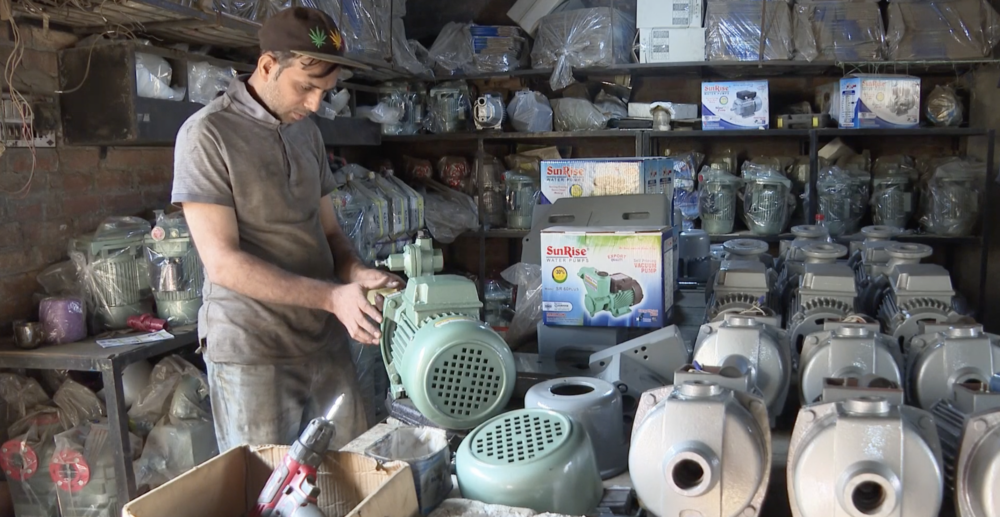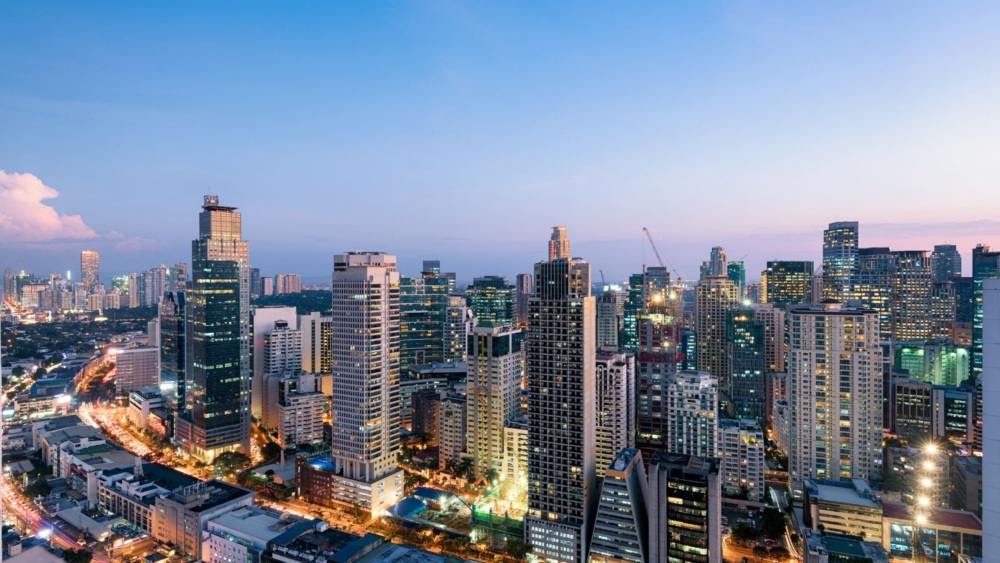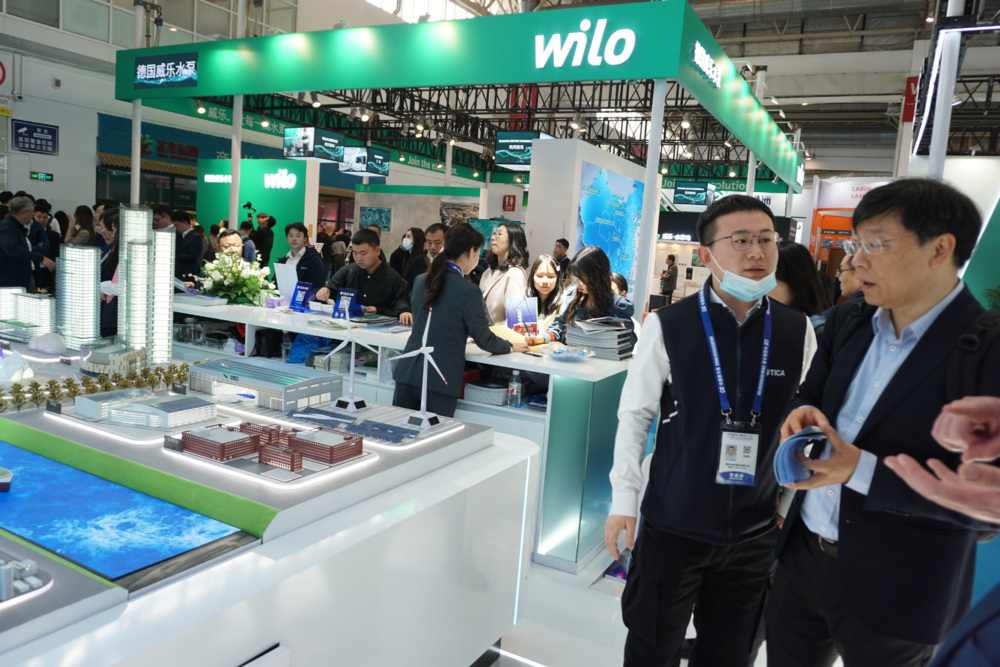Driving Sustainable Building Practices: CLASP’s Impact in Indonesia
In Indonesia, CLASP works with national regulators to promote energy-efficient cooling equipment in buildings to reduce energy demand and lower running costs.
Opportunity for change
Accounting for a whopping 70% of the nation’s electricity usage, Indonesia’s building sector is poised for change. Recognizing the opportunity to enhance energy efficiency in buildings, CLASP has spearheaded initiatives to promote more sustainable building practices, particularly with energy-efficient cooling systems.
CLASP supported the establishment of the Minimum Energy Performance Standards (MEPS) for lighting and air conditioning systems. This regulation encourages building owners to adopt energy-efficient cooling solutions, reducing demand on the national power grid, and lowering energy costs for consumers. Energy audits recommended by CLASP also identify inefficiencies and allow for their rectification.

Efficiency creates energy savings and emission reduction
At a recent National Seminar on Decarbonization of the Building Sector, CLASP, ASHRAE Indonesia Chapter and the Ministry of Energy and Mineral Resources (MEMR), brought together industry experts to highlight the critical role of energy-efficient equipment, especially chillers. Chillers account for up to 60% of a building’s energy use, making it a significant opportunity for energy savings and emissions reduction.
Sripeni Inten Cahyani, expert to the MEMR Minister, noted that by embracing energy-efficient appliances and adhering to Minimum Energy Performance Standards (SKEM or MEPS), Indonesia aims to achieve a substantial 83.8 million tons reduction in CO2 emissions by 2030.
Efficiency also yields economic benefits
Sripeni noted potential annual savings of approximately IDR 1.9 trillion (USD 121 million) through the implementation of energy management practices, equivalent to 111,600 tons of oil saved per year.
CLASP’s advocacy and collaborative efforts support the drive for sustainable development in Indonesia’s building sector. By promoting energy-efficient cooling solutions and supporting the implementation of improved standards, CLASP contributes to a more sustainable, more resilient future for Indonesia and the world’s climate.
Image credits: CNA/Danang Wisanggeni









